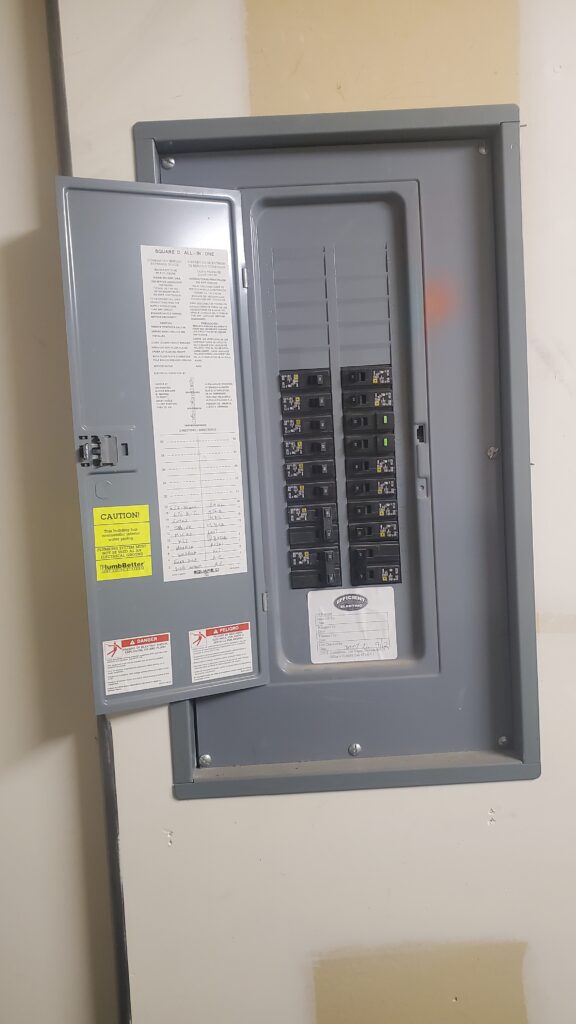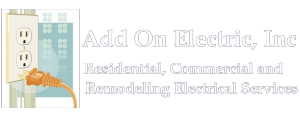The Topmost Dangerous Albuquerque Home Electrical Hazards Every Homeowner Needs to Know

Safety is a significant concern regarding wiring, so using high-quality components is critical. Mistakes in wiring can lead to dangerous outcomes, such as fires and electrical surges. That’s why you should never try to handle any electrical work independently; instead, get a professional electrician to take care of it.
Because we rely on electricity, every house, workplace, and manufacturing facility contain potential electrical safety concerns. Being aware of the potential dangers and taking action to repair any broken wiring in your home can help you avoid or lessen the severity of these incidents.
Electrical Wire Defects and Inadequate Wiring:
Electrical cables frayed, damaged, or corrupted enhance the risk of an electrical mishap. Ensure that your wiring is safe by having a competent electrician inspect it regularly. Replace any old wires that are discovered.
Nearby Water Outlets
There should be no electrical outlets in bathrooms, kitchens, or other locations where water is present. Keeping electrical outlets away from moisture helps prevent electric shocks since water conducts electricity.
Lightbulbs
We don’t frequently think of lightbulbs as electrical risks, and that’s because they’re not harmful in and of themselves, either. When placed near combustible items, lightbulbs run the risk of catching fire. Other elements like upholstery and beds might also be included in this category.
Wires and Cords That Have Been Covered
Wires can overheat if they are covered with too much insulation. Electrical fires caused by overheating caused by covered cables and cords are rare, although they do happen. This is due to the heat emitted by electrical lines and ropes. Cords and cables should be kept out of the way and exposed wherever possible if you’re unsure what to do.
putting out electrical fires using water
Pouring water on an electrical fire is a typical blunder. Water tends to exacerbate an electrical fire, so refrain from dousing it with water if one occurs. If you’re concerned about electrical fires, keep a fire extinguisher on hand and use it instead of water to put out blazes.
Children Who Ask Lots of Questions
Babies and toddlers often have an insatiable sense of wonder and a burning desire to discover the world around them. As a general rule, parents and caregivers can take additional precautions to ensure the safety of children under five.
Plastic closures should be used on all electrical outlets within their reach. These are put over the socket and keep things like fingers and shards of glass from falling into it. Sockets that aren’t adequately shielded might cause significant harm or even death.
Hands That Have Been Spoiled
Wet hands increase the risk of an electric shock while handling electrical items. When we get out of the shower, far too many of us grab for the hair dryer with damp hands. Maintain a safe distance from sinks, bathtubs, showers and taps by putting equipment away from them.
Extension Cords
Make sure extension cables are securely fastened whenever feasible to prevent tripping or other mishaps. To make sockets even more secure, use plastic socket closures on any that aren’t in use.
